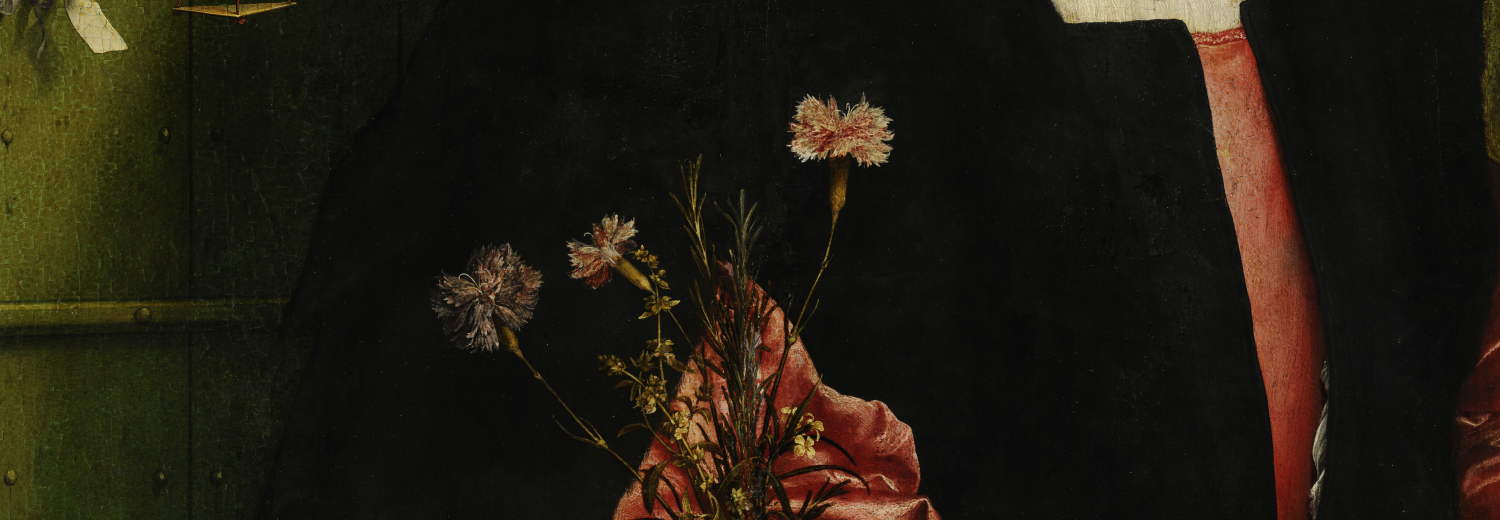Krisztina Lajosi-Moore: 'The Afterlives of the Kuruc-Labanc Conflict in Hungarian History.'
Justyna Wubs-Mrozewicz'The Afterlives of the Kuruc-Labanc Conflict in Hungarian History.'
Next in the webinar we could welcome another University of Amsterdam colleague of ours. In her paper, Krisztina Lajosi-Moore, senior lecturer in Modern European Culture at the Department of European Studies, taught us about the persistent use of a mythologized early modern conflict in present day Hungary.
At the core of her presentation stood the fight between Hungarian anti-Habsburg rebels (Kuruc) and supporters of Habsburg rule (Labanc) at the turn from the 17th to the 18th century. This struggle for Hungarian independence was embedded in and intertwined with large scale events like the altercations between Habsburg and the Ottoman Empire as well as the Counter-Reformation. At the same time it also subsumed smaller, regional conflicts like tax-related unrest. While the second phase of altercations in the 18th century showed early signs of a Hungarian nationalism, they were not yet based on ethnicity or language: Hungarians fought on both sides in the Kuruc-Labanc conflict.
In contrast, present-day public knowledge of the conflict rests mainly on a simplified us-versus-them narrative developed during the period of nationbuilding in the 19th century. Through history, art and music, actors of this nationalist movement framed the Kuruc-Labanc conflict as a clash of ethnicity and nation and it is this narrative which resonates strongly in modern Hungarian society. In particular, parties and actors on the extreme right have been instrumentalizing it as a historical example of ‘true Hungarian’ nationalism and to incite opposition to non-Hungarians. Remarkably, however, also left and liberal have – to a certain extent – accepted the simplified good-evil narrative of the Kuruc-Labanc conflict: at the moment, no one attempts to appropriate or identify with the Labanc on the ground that pro-Habsburg Hungarians must indeed have been ‘bad Hungarians’.
Krisztina Lajosi-Moore is a Senior Lecturer in Modern European Culture at the Department of European Studies of the Universiteit van Amsterdam.

Comments
Add Comment